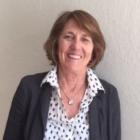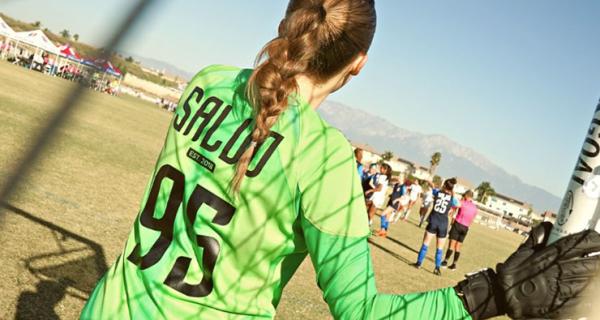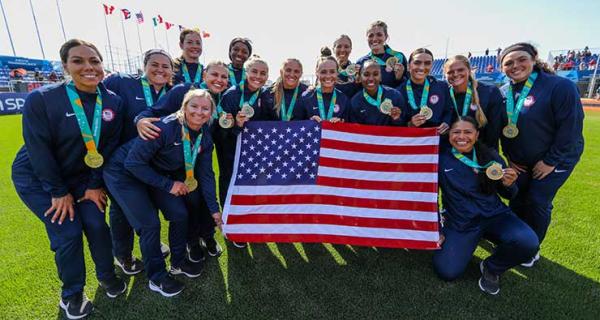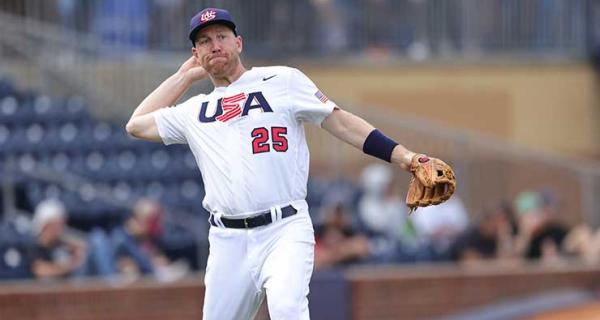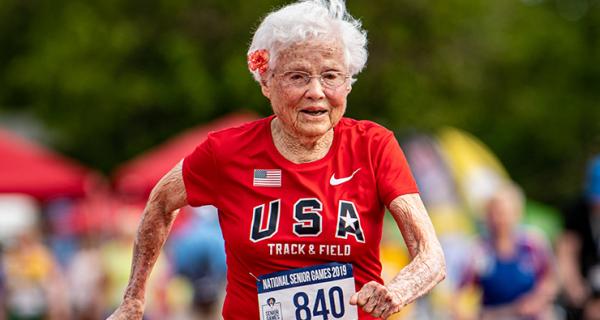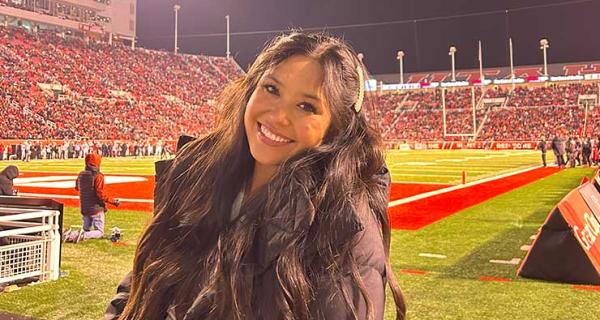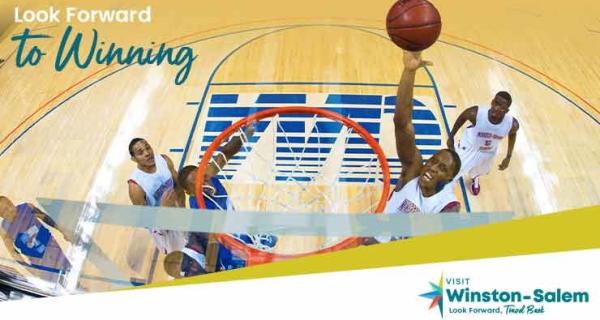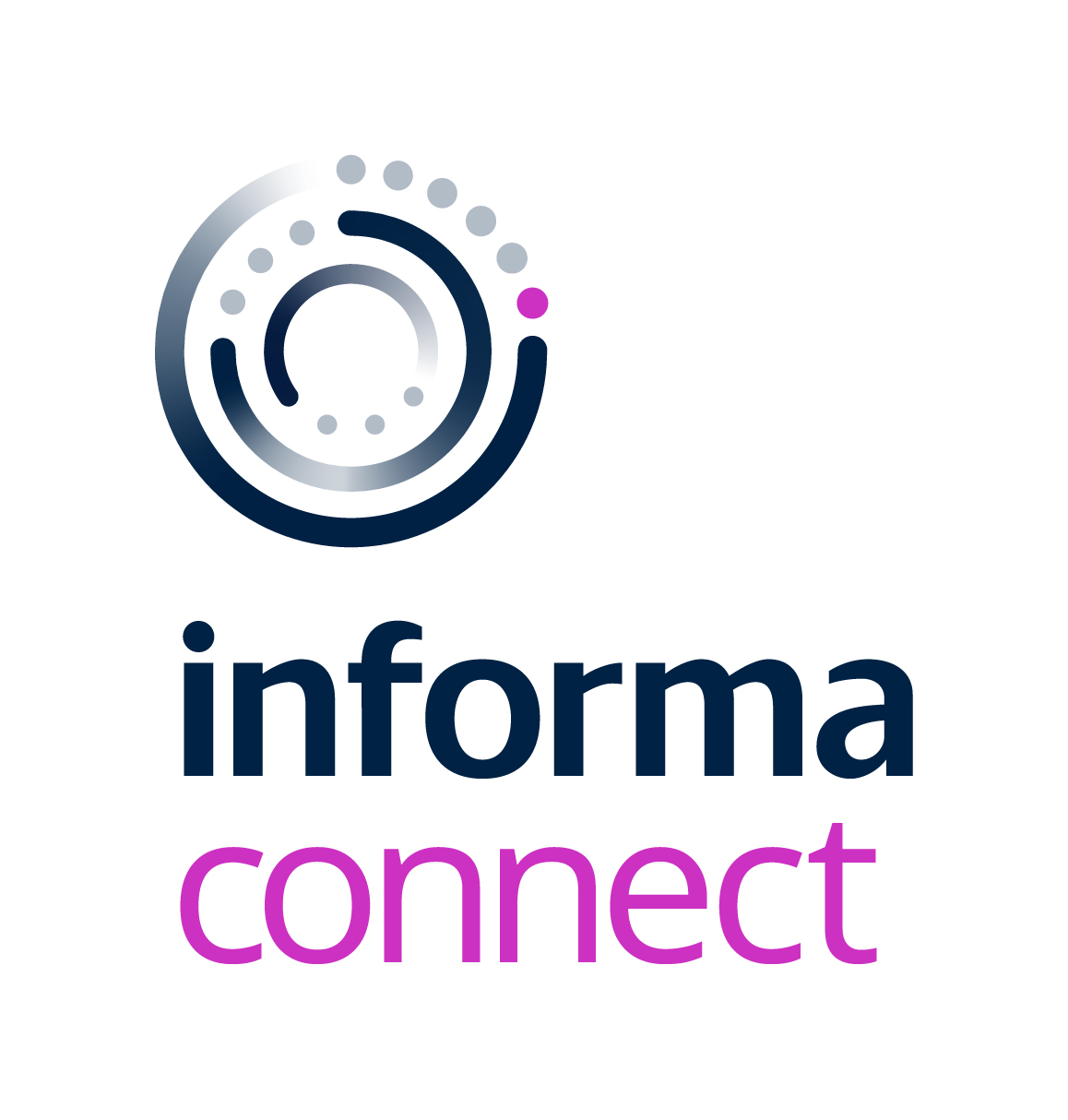US Sports Camps Is Coming Up Aces
Charlie Hoeveler, founder and CEO of US Sports Camps, loves tennis. He’s got 52 national championships on his resume to prove it.
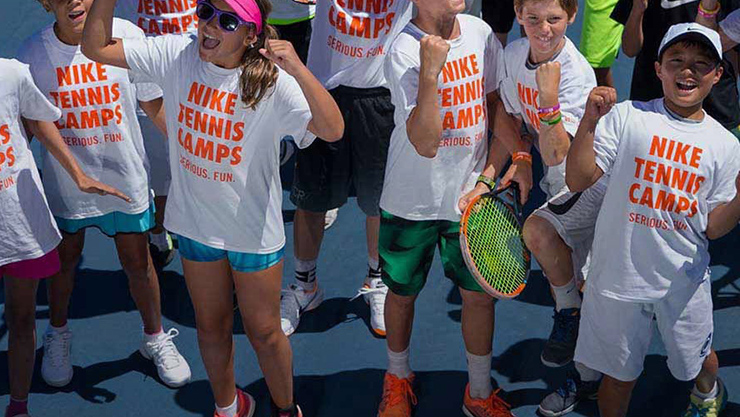
Hoeveler's passions are forever connected in the origins of America’s largest sports camp company, with the first seeds sown in the ’70 as tennis was exploding.
“Tennis was crazy after Billie Jean King beat Bobby Riggs,” says Hoeveler. “Everyone was racing out to play tennis. What a great idea to have kids and adults go to a nice place—maybe you can improve your game and become a lifetime player.”
King was among the initial investors of US Sports Camps in 1974 after her celebrity tennis camps proved unprofitable. From the onset, Hoeveler was brought in to reinvent the camps and became majority owner soon thereafter.
In 2019, US Sports Camps hosted a record 101,262 campers at more than 1,000 camps for 16 different sports. The largest sports camp company in the United States is the licensed operator of Nike Sports Camps.
“At our core, we are a camp operating platform that connects passionate coaches with young athletes who want to get better and want new experiences,” says Justin Hoeveler, executive vice president of growth and strategy and Charlie’s son. “Ultimately, we are a relatively simple youth sports company.”

College Life
Charlie Hoeveler’s first game-changing decision was to base the tennis camps on college and prep school campuses instead of resorts. He also relied on college coaches to lead the camps, calling it the “single most important decision we made.”
“We love college coaches,” says Hoeveler. “I think we have a great relationship with them,”
Hoeveler, a former New England tennis champ who played at Dartmouth College, started with camps at Lawrenceville School in New Jersey, featuring the Princeton tennis coach as director. Other locations included Williams College in Massachusetts, The Westminster Schools in Atlanta and University of California, Santa Cruz.
“Our business is mainly successful because the majority of our costs are variable to volume,” says Steve Pence, president of US Sports Camps. “Plus, directors are paid based on the number of campers attending so they have incentive and share in the revenue model.”
Not all college coaches jumped on the camp bandwagon when Hoeveler first came calling. Hoeveler, who earned his MBA from Stanford, tried for years to get Cardinal men’s tennis coach Dick Gould to host his camps. Gould, who led Stanford to 17 NCAA championships, only agreed after he learned that the Stanford women’s coach was going to run camps and he needed to make sure to reserve court time.”
“It’s like playing a tennis match,” says Hoeveler. “You have to be resilient.”
Partnership With Nike
Getting the Stanford men’s and women’s tennis coaches to host camps was huge for USSC on many levels. For one, the camps caught the eye of Phil Knight, a graduate of Stanford’s MBA program and co-founder of Nike Inc.
As a recognized tennis apparel brand, Adidas had been USSC’s official sponsor dating to King’s involvement with the company. Knight wasn’t too happy that Stanford was hosting Adidas camps and was adamant about changing that.
In 1993, USSC and Nike signed a licensing agreement, stipulating that Nike would provide clothing and equipment for most camps. Nike also fully supported USSC’s goal to offer camps for sports other than tennis. In 2019, USSC held camps in 16 different sports, including 200 camps for golf, team sports such as baseball and soccer, traditional girls sports like field hockey and lacrosse, and less mainstream sports like rugby and crew.
“Having the Nike brand is so impactful,” says Hoeveler. “Nike likes that they get touch points with all these athletes.”
USSC continues to grow in a variety of ways, including the purchase of well-known regional camps such as Northwest Basketball Camps, Vogelsinger Soccer Camps, Snow Valley Basketball Schools and Professional Sports Camps.
“We keep good coaches in coaching,” says Hoeveler. “We keep the tradition going when directors become burned out, and it provides additional income for existing coaches.”
Technology Boost
The third pivotal crossroad that helped USSC veer toward sports camps domination was the age of technology, which made online registration a staple, communication instant and marketing beyond imagination.
Years ago, Hoeveler took out ads in The New York Times annual sports camp edition. He’d get a “zillion phone calls” from parents with lots of questions, then wait for checks to arrive in the mail, then send camper lists to camp directors via FedEx, then send last-minute changes to the directors, then…
“It was a nightmare,” says Hoeveler. “When the internet came along, we knew this was going to change our lives.”
USSC implemented online registration in 2001 and subsequently created its own system called Regware. Hoeveler estimates that USSC has spent several million dollars on the development of Regware.
“The constant evolving and upgrading of Regware and online registration is a crucial part of our growth,” says Hoeveler. “We jealously guard the system and do not license it out to other similar companies.”
Today, 95% of all USSC bookings are handled online. Information about individual camps is posted on the company website, reducing the need for brochures and providing answers to basic questions that used to require phone calls.
Future of Sports Camps
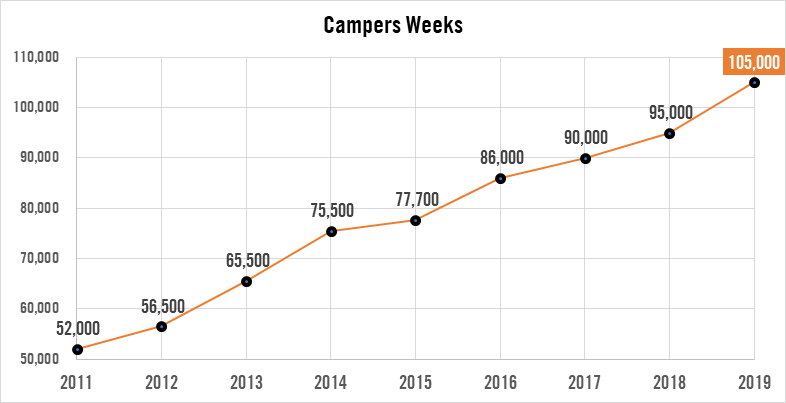
USSC hit its all-time high in 2019, hosting more than 100,000 campers in a one-year period for the first time. According to Pence, annual growth is expected to continue through the next decade and beyond.
“Our sleepover business is still growing at 10% a year,” says Pence. “The new big driver of the business is the local community-based Nike Day Camps, which are growing at 20-plus percent a year.”
Two other projects are projected to contribute to USSC’s growth: Sports Camps Canada, a subsidiary of USSC; and a new esports division, which is a joint venture with Play Your Game Collective.
In his role as executive vice president, Justin Hoeveler is responsible for organic growth, corporate development and continual enhancements to USSC’s registration platform. He literally grew up around the business, attending camps for tennis, basketball and soccer as a kid.
“I learned how to compete, how to make new friends—friendships that have endured to this day,” says Justin Hoeveler. “Camp was also very aspirational for me. I distinctly remember seeing the older kids in camp compete at a higher level and using that as motivation throughout the year.
“Most importantly, I learned a lot about who I was outside of the comfortable settings of being at home.”

